.
.
.
.
Turkey is run by Deonme who are Jews pretending to be Muslim, based on a cult which first appeared within the Ottoman Empire in the 18th century around Salonika in the Balkans.
This is the first thing to remember to understand Turkey and its various motivations.
These Deonme made contact with the mothership in London, and the Rothschilds from where they received the financial backing and 'Dutch courage' to take over the ailing Ottoman Empire, under the guise of the 'Young and cool' Turks in 1908. The 'Young and Cool Turks' were going to make the Ottoman Empire modern, powerful and centered on Pan-Turkic nationalism....or that was the PR logo.

'The Young and Cool Turks' repeatedly requested to join the British Alliance against Germany at the start of WWI, but were rebuffed and blatantly smited(The British confiscated 2 dreadnoughts being built in the UK for the Turkish navy...paid for by the sweat and donation to the penny of ordinary Turkish citizens.....forcing the Young Turks to side with the Germans who DID give the Turks 2 dreadnoughts for FREE......nice little international Jewey touch there), as they were unaware of the secret script written for the Ottoman Empire at wars end, by the Rothschilds who organised the Great War using the Jewish run Federal Reserve of 1913, and quisling Jews and Gentiles in positions of power in those countries.
Turkey could have sat out WWI, and then picked off the pieces, but the Young Turks committed the ill prepared country for a war they were sure to loose, from whose ashes ISRAEL would be created under the Balfour declaration. 30% of the ethnic Turks died in the Great War of 1914-1918 (The other genocide by the Jewish young Turks), within the Ottoman Empire. So much for extremist half baked misplaced Pan -Turkic nationalism.....run by Joooos hey Abe Erdogan?

But it looks cool doesn't it? Young men strutting about in and out of uniform, and short hair, in a gay kind of way.
Turkey is run by the USA, after 60 years of infiltration through NATO membership and Security cooperation, and the CIA. Based on the brief above history Turkey is also greatly influenced by ISRAEL. Turkey's Security actions are influenced by these very pro-active nations.
Deonme Mafia Erdogan gets his leads and inspiration from these above two countries.
On the Other hand there is no denying the fact that Turkey is an important country in the world. The CIA writer below seems to forget certain critical facts, in only focusing on Erdogan's political mistakes. Erdogan will go, hopefully soon, but Turkey will remain.


Turkey contains 80 million very able people with a mix of Latin (Western Turkey..see map) and Iranian people (Eastern Turkey) pre-dominantly, mixed with some Arabic, Celts (Central Anatolian plain)), Turkic(Central Anatolian plain) and German tribes (Central Anatolian plain).

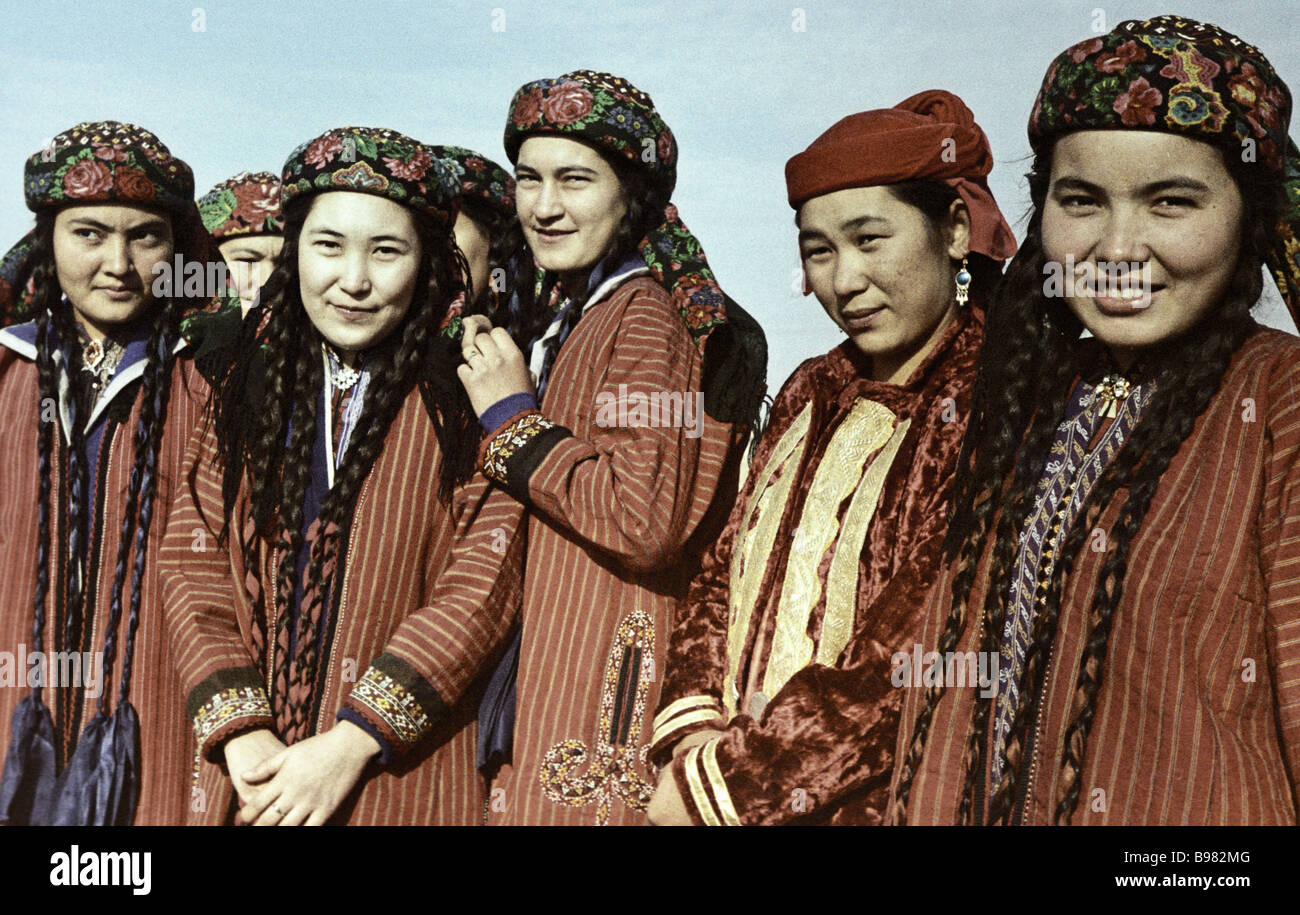


It is a big country compared to most European countries, and has land link to the Balkans, Caucasus, Iran, the middle East, the Mediterranean Sea and not too far for Israeli tourists. It has vast untapped natural resources under the ground. It is the defacto 'leader' nation in the Black Sea area, East Balkans and Near East.
It has the fifth most powerful conventional forces after the USA, China, Russia, and India.
Its economy stands at $1.6 trillion PPP...exports at $180 billion and imports $250 billion.
Turkey will survive Erdogan.
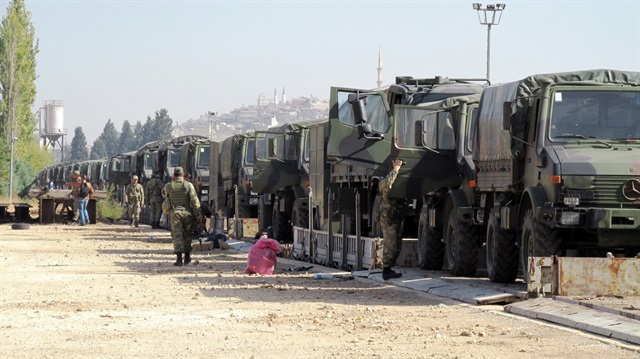
The coup recently was organised by the CIA, as they have been since 1961, in order to reinforce Erdogan's power. Normally coup's in Turkey don't fail, as they are meticulously organised with the Pentagon and the CIA, using huge convoys of troops and over whelming force. On this fake coup occasion small groups were used in sporadic, meaningless, and uncoordinated actions around the country on a fucking FRIDAY, using some real patsies who don't like Erdogan. The holy day for Muslims, where Erdogans supporters would be out on the streets and in Mosques, on holiday.
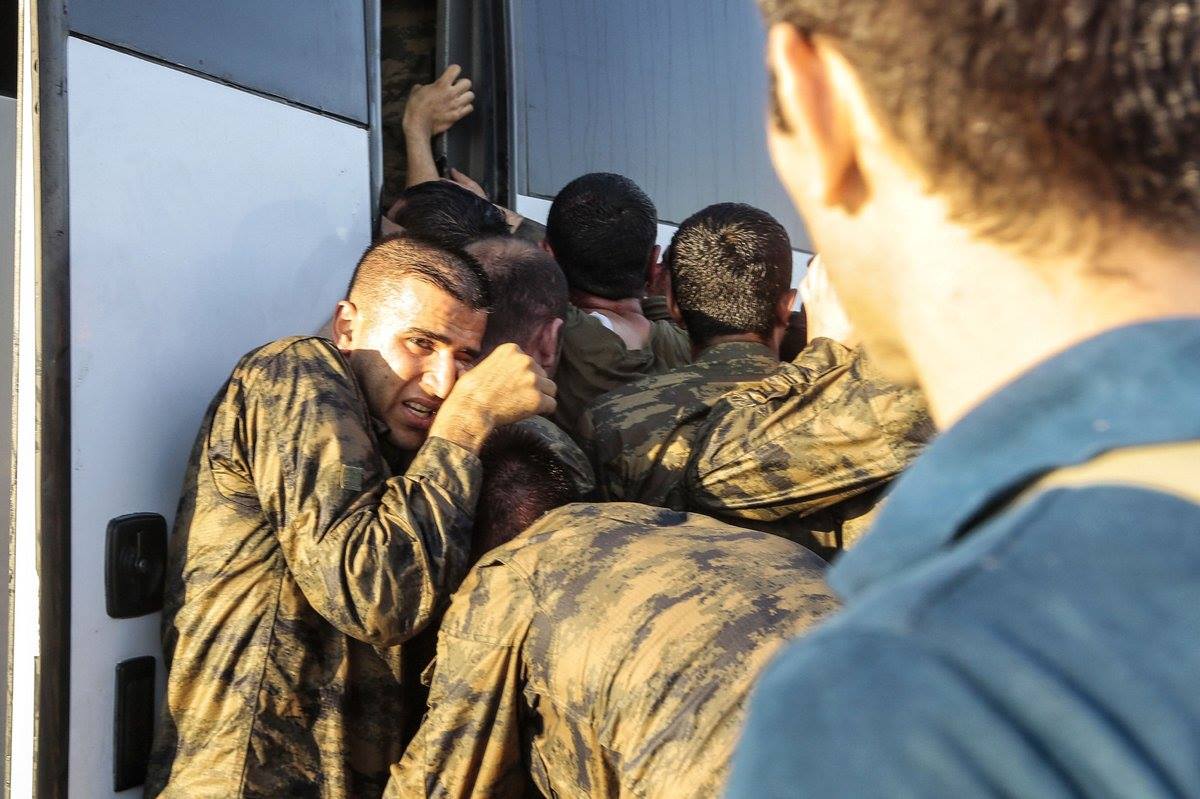
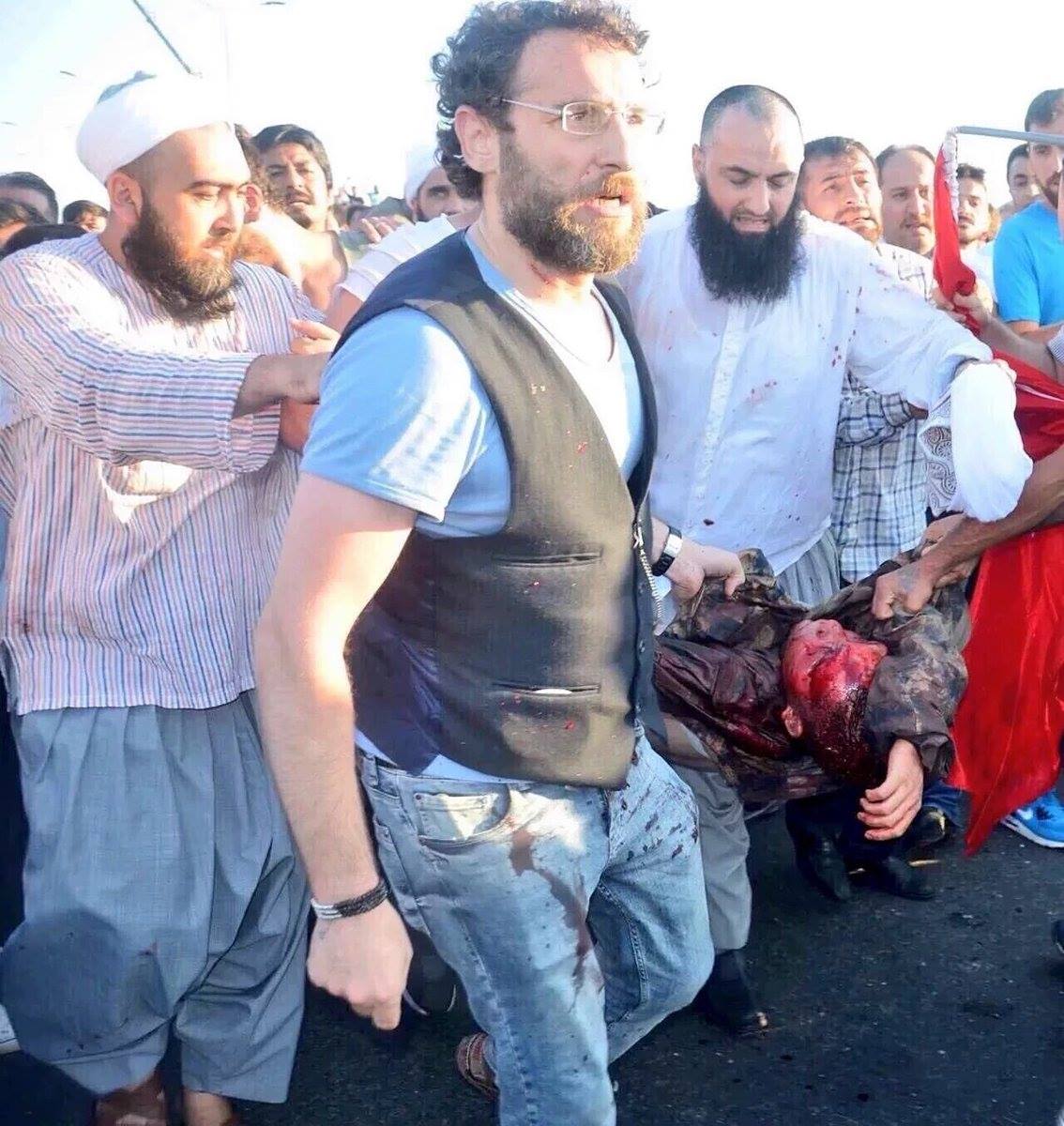
Erdogan supporters beating up a Turkish soldier, on Holy Friday!!!!The Sacred Turkish ARMY is now replaced by the sacred Deonme Muslim.....thanks to CIA Deonme Erdogan.
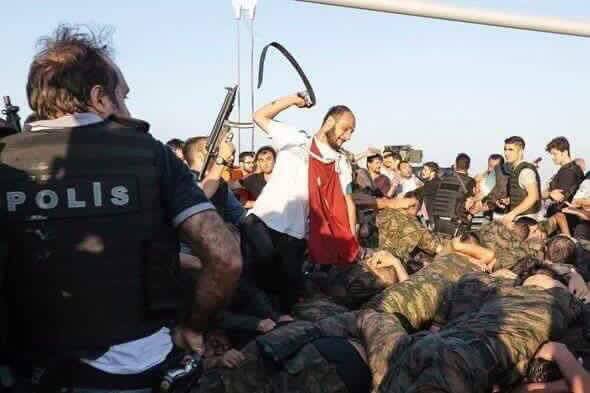
Turkey is a problem, but not for the Neocons in the USA, and the far right of Israel. And that is the only thing that matters to maintain Erdogan in power as he establishes an Islamic dictatorship.
Turkey the nation state faces three primary threats through Deonme Erdogan's faults and misjudgments:
1. The creation of Greater Kurdistan will destroy modern Turkey. The main supporters of Greater Kurdistan is Israel and the USA. Therefore Turkeys close cooperation with Israel and the USA is incompatable with their long term objective of creating Greater Kurdistan. What Turkey should be doing is undertaking a solid military alliance with neighbors Iran, Iraq and Syria to prevent the creation of Greater Kurdistan, which affects all four countries. Instead Deonme Erdogan closely cooperates with Israel and the USA.....and sows hatred and destruction against sovereign Syria and Iraq through his support of ISIS, and by directly sending the Turkish military into their territory, in violation of International law, BUT with the approval and air-cover of the USA.
2. Turkey is the main facilitator of ISIS, under the urging and direction of Israel and the USA. Erdogans mafia son has made a business out of selling ISIS oil, and his daughter runs a hospital for ISIS fighters. You don't need a Ph.D in International Security from Bilkent University to understand how dangerous ISIS is to the Middle East and to Turkey itself. But Erdogan for the last five years has sponsored ISIS terrorists in Syria and Iraq, Islamists terrorists in Egypt, Tunisia and Libya. And Islamic terrorists in Afghanistan and Central Asia.
3. Erdogan wants to create a Islamic dictatorship......and with this long term project much harm will be done to MODERN, SECULAR, FORWARDING LOOKING Turkey to bring this great nation back to the stone age of Medieval mad mullah Iran.
____________________________________________________
Turkey and the Next War
.
By Philip Giraldi at "Information Clearing House and the American Conservative.- The Republic of Turkey has become a loose cannon on deck, a short-term asset in enabling the United States (US) bombing of northern Syria but a major liability when it comes to any eventual settlement intended to quell the fighting in the region.
.
President Recep Tayyip Erdogan is seeking to destroy both genuine enemies and far less blameworthy critics alike in his over-the-top reaction to July’s attempted military coup. His emergency powers were recently extended. He has used an enemies list, prepared pre-coup, to detain 37,000 without any prospect of trial, to arrest or fire more than 1,00,000 government officials, to shut down newspapers and television stations, to close schools and universities and to wage an increasingly bloody war against the country’s minority, Kurds.
. In Kurdish southwestern Turkey, there have been wholesale dismissals and even arrests of teachers, bureaucrats and elected officials, including mayors. They are being replaced by appointees from Ankara loyal to the government but frequently lacking in the training required to do their jobs.
.
Erdogan’s paranoia and desire for revenge run deep. Alleged coup organiser Fetullah Gulen has been described as the head of a “terrorist organization … intent on subduing the entire world, far beyond Turkey.” Turkish embassies and consulates overseas have been ordered to compile lists of disloyal citizens, and Ankara even sued a German comedian who satirised Erdogan.
. In Turkey itself, police and intelligence agents have been arresting people who possess multiple American $1 bills whose serial numbers all start with the same letter. (It is believed that the banknotes were used to establish bona fides among coup plotters.) Reading the wrong newspaper or book has led to firing or imprisonment, while parliamentary critics are being silenced and threatened with arrest after being labelled as terrorists. There have been frequent reports of torture, beatings and even rape of those detained, and Erdogan has supported calls for the death penalty for military officers involved in the coup.
.
Now, the government has been arresting businessmen accused of being sympathetic to the coup without presenting any evidence, while also confiscating billions of dollars in assets belonging to their companies. The assets are being “temporarily” managed by the political associates of Erdogan.
. Erdogan is unfortunately supported by a solid bloc of voters who see the world the same way he does and generally share his intense and often-cited religiosity. He is inspired by his own personal sense of righteousness, and he has exhibited what one might reasonably describe as megalomania, seeing grandiose building projects and a redefinition of Turkey’s domestic and international interests as part and parcel of his own authority and that of his ruling Adalet ve Kalkınma Partisi (AKP) party (Justice and Development Party).
. I have previously described how Erdogan’s increasingly aggressive foreign policy has long been driven by a somewhat legitimate fear of the development of an independent Kurdish state, which presumably would incorporate parts of Turkey with northern Syria and Iraq as well as western Iran. Indeed, Erdogan’s recent participation in the fighting against the Islamic State (ISIS) is actually a deliberate misdirection, being instead mostly aimed at striking the Kurdish militias that the US regards as its most effective fighting force against the terrorist groups.
.
More disturbing still, recent developments suggest that Ankara is now entertaining irredentist claims over former parts of the Ottoman Empire that are adjacent to Turkey’s current borders, including Mosul in Iraq, areas just north of Aleppo in Syria and parts of Greece.
.
Erdogan has argued that he has a responsibility to protect “Turks” in neighbouring states, a rationalisation that he has been employing to bomb Kurdish-controlled areas and to demand a role in the impending Iraqi assault on Mosul, which has a small Turkmen minority. Iraq’s government, knowing that once Ankara has its foot in the door, it will be difficult to make Turkish soldiers go home, has flatly rejected the offer. Erdogan responded by observing that Turkey has a right to invade Iraq if it feels threatened.
.
The aim to assert some form of regional dominance is a reversal of Turkey’s former foreign policy, which stressed friendly relations with all its neighbours. One might further suggest that the July coup let the genie out of the bottle, fully liberating Erdogan from whatever restraints he believed himself to be under and giving him an opportunity to rewrite the country’s constitution to enhance and perpetuate his own power, a process that is now well underway.
.
Many reasonably question whether the North Atlantic Treaty Organization (NATO) should exist at all after the demise of the Soviet Union, but including Turkey as a member raises some very serious concerns due to Article 5 of the Washington Treaty (which created the alliance). This provision requires all members to respond to a military threat against any member state as a “collective defense.” As the alliance purports to be defensive in nature, Turkey’s irredentist claims are problematic – particularly as it would not be difficult to contrive an incident that would make an offensive operation appear to be self-defence. Such an incident took place in December 2015 with the clearly premeditated downing of a Russian warplane that had strayed over the border into Turkey for 17 seconds. Turkey regarded the incursion as an act of war. Fortunately, Moscow was restrained in its response, and the situation did not escalate in military terms. So, the issue of NATO involvement, though it briefly surfaced in Brussels, was essentially moot.
.
In addition, as a basically European-American alliance, NATO has long taken as a given that member states will conform to reasonably democratic norms. That is something that Turkey is rapidly moving away from with its mass arrests, show trials and collective punishments while Erdogan seeks to aggrandise his position by enhancing his own presidential powers. As Doug Bandow of the Cato Institute puts it, “Turkey’s brief democratic moment is ending.”
.
.
Erdogan has argued that he has a responsibility to protect “Turks” in neighbouring states, a rationalisation that he has been employing to bomb Kurdish-controlled areas and to demand a role in the impending Iraqi assault on Mosul, which has a small Turkmen minority. Iraq’s government, knowing that once Ankara has its foot in the door, it will be difficult to make Turkish soldiers go home, has flatly rejected the offer. Erdogan responded by observing that Turkey has a right to invade Iraq if it feels threatened.
.
The aim to assert some form of regional dominance is a reversal of Turkey’s former foreign policy, which stressed friendly relations with all its neighbours. One might further suggest that the July coup let the genie out of the bottle, fully liberating Erdogan from whatever restraints he believed himself to be under and giving him an opportunity to rewrite the country’s constitution to enhance and perpetuate his own power, a process that is now well underway.
.
Many reasonably question whether the North Atlantic Treaty Organization (NATO) should exist at all after the demise of the Soviet Union, but including Turkey as a member raises some very serious concerns due to Article 5 of the Washington Treaty (which created the alliance). This provision requires all members to respond to a military threat against any member state as a “collective defense.” As the alliance purports to be defensive in nature, Turkey’s irredentist claims are problematic – particularly as it would not be difficult to contrive an incident that would make an offensive operation appear to be self-defence. Such an incident took place in December 2015 with the clearly premeditated downing of a Russian warplane that had strayed over the border into Turkey for 17 seconds. Turkey regarded the incursion as an act of war. Fortunately, Moscow was restrained in its response, and the situation did not escalate in military terms. So, the issue of NATO involvement, though it briefly surfaced in Brussels, was essentially moot.
.
In addition, as a basically European-American alliance, NATO has long taken as a given that member states will conform to reasonably democratic norms. That is something that Turkey is rapidly moving away from with its mass arrests, show trials and collective punishments while Erdogan seeks to aggrandise his position by enhancing his own presidential powers. As Doug Bandow of the Cato Institute puts it, “Turkey’s brief democratic moment is ending.”
.
For the United States, the calculus is somewhat complicated. Hillary Clinton will likely up the ante in Syria, which will require the use of the airbase at Incirlik. But after that, presuming that a Third World War can somehow be averted while the escalation and intervention are taking place, the role of Turkey should be re-evaluated based on strategic considerations distinct from the current fighting in Iraq and Syria. Ankara’s status as a long-term strategic asset should certainly be challenged, particularly in light of the Erdogan government’s authoritarian predilections.
.
Most observers in Washington now believe that ISIS will soon be defeated as a territorial threat, though it likely will retain a base of operations in troubled Libya. That means any continued operations against the group will be conducted by special ops and intelligence personnel, and thus will not require extensive infrastructure and support. As the US will retain major regional military assets in Kuwait, Bahrain and Qatar, Turkey will become a backwater and a Cold War relic, redundant, with Washington instead increasingly focused on security issues surrounding Iran and the Sunni-Shia conflict.
.
Ankara persists in believing that its current strategic importance means that it can do or say anything and Washington will avoid any criticism, but the White House is clearly beginning to recognise that Turkey is, in the long run, a liability as long as Erdogan’s brand of democratic centralism prevails. And it must be observed that the current bilateral relationship, in which the administration leans over backwards to placate an invariably irritable Erdogan, produces bad policy. In the recent contretemps with Baghdad over an enhanced Turkish role in Mosul, Secretary of State John Kerry unwisely urged the Iraqis to let the Turks become a partner in the enterprise. He was tone deaf to other considerations of which the government in Baghdad and America’s Kurdish partners were all too aware.
.
The White House should recognise that Turkey has become a destabilising force in the Near East. Its past collusion with – and arming of – terrorist groups like ISIS reveals that it is not unwilling to play a double game against its nominal allies. Its implacable hostility towards all things Kurdish affects the internal stability of nearly all of its neighbours and even diminishes Washington’s ability to deal with ISIS. Its increasingly assertive nationalism, which is beginning to define itself as irredentism – backed by what is still, after the purge of thousands of personnel, the most powerful military in the region – could easily morph into a series of local conflicts as Ankara seeks to realign its borders.
.
If Turkey continues to remain in NATO, and if the US persists in being closely tied to it logistically, the eventual consequences could be grave, with Washington again drawn into a Middle East quagmire by virtue of a war that it is neither prepared for nor seeking to fight.
___________________________________
Philip Giraldi, a former CIA officer, is executive director of the Council for the National Interest. This piece was first published on The American Conservative.
.
Most observers in Washington now believe that ISIS will soon be defeated as a territorial threat, though it likely will retain a base of operations in troubled Libya. That means any continued operations against the group will be conducted by special ops and intelligence personnel, and thus will not require extensive infrastructure and support. As the US will retain major regional military assets in Kuwait, Bahrain and Qatar, Turkey will become a backwater and a Cold War relic, redundant, with Washington instead increasingly focused on security issues surrounding Iran and the Sunni-Shia conflict.
.
Ankara persists in believing that its current strategic importance means that it can do or say anything and Washington will avoid any criticism, but the White House is clearly beginning to recognise that Turkey is, in the long run, a liability as long as Erdogan’s brand of democratic centralism prevails. And it must be observed that the current bilateral relationship, in which the administration leans over backwards to placate an invariably irritable Erdogan, produces bad policy. In the recent contretemps with Baghdad over an enhanced Turkish role in Mosul, Secretary of State John Kerry unwisely urged the Iraqis to let the Turks become a partner in the enterprise. He was tone deaf to other considerations of which the government in Baghdad and America’s Kurdish partners were all too aware.
.
The White House should recognise that Turkey has become a destabilising force in the Near East. Its past collusion with – and arming of – terrorist groups like ISIS reveals that it is not unwilling to play a double game against its nominal allies. Its implacable hostility towards all things Kurdish affects the internal stability of nearly all of its neighbours and even diminishes Washington’s ability to deal with ISIS. Its increasingly assertive nationalism, which is beginning to define itself as irredentism – backed by what is still, after the purge of thousands of personnel, the most powerful military in the region – could easily morph into a series of local conflicts as Ankara seeks to realign its borders.
.
If Turkey continues to remain in NATO, and if the US persists in being closely tied to it logistically, the eventual consequences could be grave, with Washington again drawn into a Middle East quagmire by virtue of a war that it is neither prepared for nor seeking to fight.
___________________________________
Philip Giraldi, a former CIA officer, is executive director of the Council for the National Interest. This piece was first published on The American Conservative.